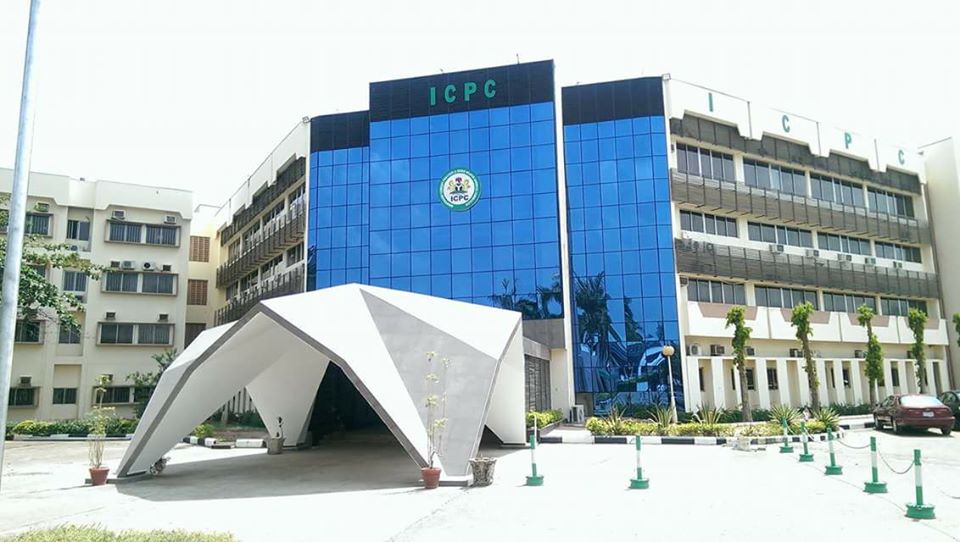The oil sector is well known for its corruption risks, but one corner of the industry has received less attention than it deserves: commodity trading.
Companies that engage in physical commodity trading, including such giants as Glencore, Trafigura, Gunvor and Vitol, often compete for high-value deals buying and selling oil and other commodities from governments, including those in countries where corruption is widespread.
So far, for example, only one FCPA matter — part of the Iraq Oil-for-Food Program cases — has focused on graft in oil trading.
Our new report uses ten real-world examples to illustrate the corruption risks that can accompany oil trading activities. In many oil producing countries, the government sells a share of its production to traders, and our analysis focuses on these deals.
The risks concentrate in three areas.
First, as with the allocation of valuable licenses or contracts, bribery and other kinds of illicit favoritism can surface when governments sell their oil. Examples include an Indonesian official convicted of receiving a bribe from a trading company seeking a contract, and a Swiss investigation into whether a Gunvor employee made illegal payments to officials in the Republic of Congo via two politically-connected intermediaries.
Second, officials can skew the terms of a deal to benefit a favored company, usually at the country’s expense. The previous Nigerian government signed several trading deals with local companies that had highly imbalanced terms. We estimate Nigeria lost as much as $381 million in a year from three provisions in just one of the bad contracts. The current government cancelled the deals in 2015; several of the officials and companies involved now face investigation in several jurisdictions.
Third, corruption can result in the diversion of trading revenues. In countries including Angola, Nigeria and Turkmenistan, some of these revenues from oil trading deals never found their way to the treasury. The revenues are often spent directly by the national oil company, a channel which avoids the scrutiny of the national budget process.
For oil producing countries like Angola, Azerbaijan, Iraq, Libya and Nigeria, oil sales are the government’s single largest revenue stream. Due to their size and the apparent corruption risks, commodity trading deals with governments should receive more attention from regulators and law enforcement. This cause appears to be gathering steam, as the issue of commodity trading corruption received explicit attention at the May 2016 Anti-Corruption Summit hosted in London.
Greater transparency would be a good first step.
New regulations now require American and European oil and mining companies to publicly report all payments they make to governments. Commodity traders should be required to do the same, in order to discourage bribery and other illicit actions in this often overlooked corner of the sector. Prosecutors and police that enforce anti-corruption laws should also learn more about trading, and be open to pursuing cases as they arise.
_____
Alexandra Gillies and Aaron Sayne lead the anti-corruption programs of the Natural Resource Governance Institute (NRGI), a non-profit organization that promotes transparency and good governance in the oil, gas and mining sectors. Alexandra tweets on oil and corruption issues at @acgillies, and both can be reached at nrgi@resourcegovenrance.org.
Culled from The FCPA Blog


